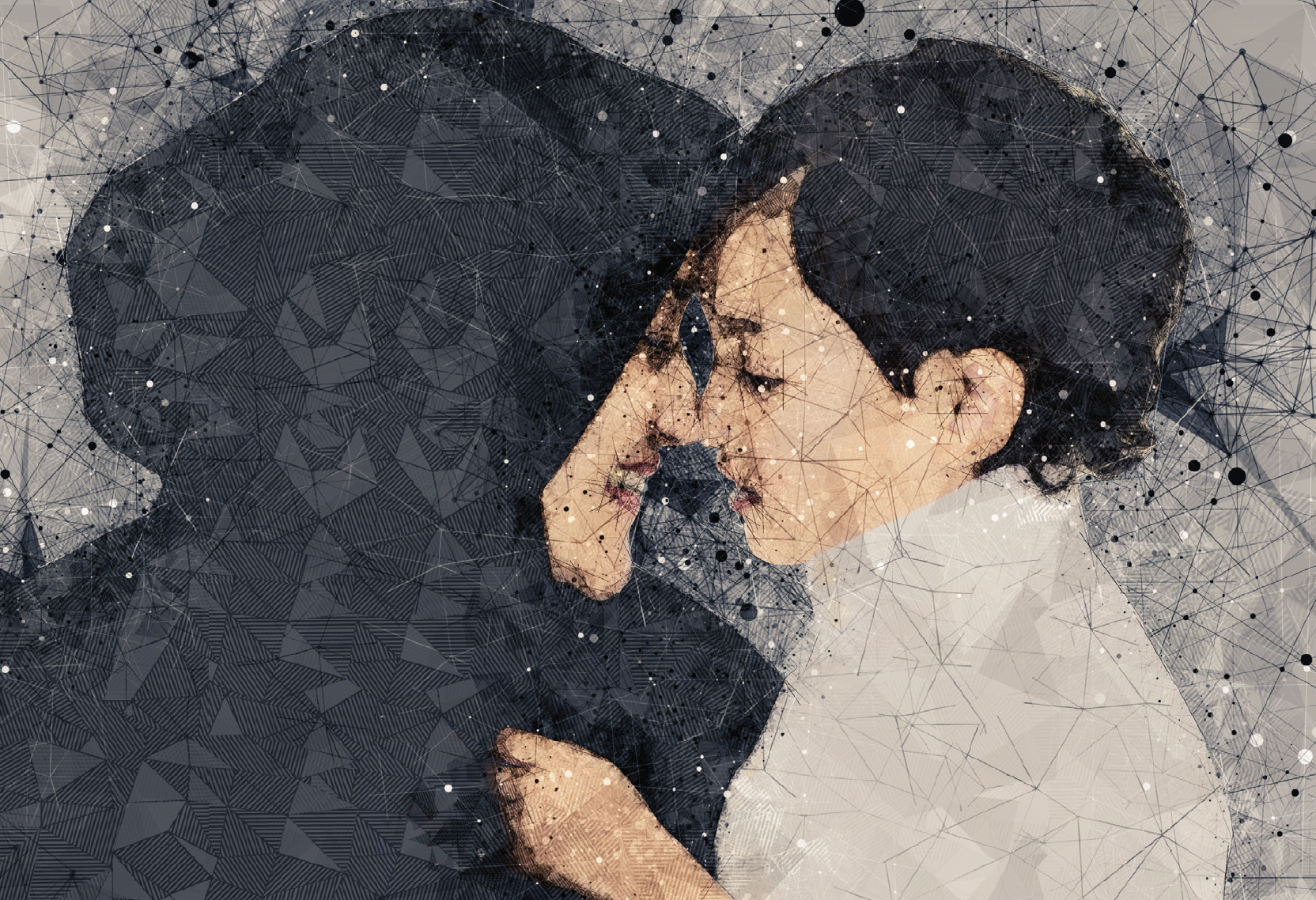A vision for public health
The UAE’s vision for health includes well-planned investments for its people – an approach that has enabled it to cope effectively with the challenges of COVID-19
Public health has been the most important tenet of life in the United Arab Emirates since the federal state was founded in 1971. It is clearly stated in the constitution and respected in planning and implementing all national policies, plans, projects and programmes.
The UAE’s vision for public health is based on two complementary objectives: generality and comprehensiveness. That means providing all necessary preventive and curative social, educational and healthcare services to all people, both nationals and the non-nationals constituting 85% of the population, from more than 200 nationalities. The UAE thus represents a growing microcosm of the global macrocosm.
The UAE’s public health vision is a well-planned investment model for the state’s entire human capital, such that the population is well prepared for their common responsibilities and roles in meeting national health challenges. This has made the measures taken during the current pandemic highly effective and successful.
The UAE was one of the first governments to impose the required bans and curfews. It very rapidly established the largest medical laboratory outside China to diagnose the coronavirus. It has successfully conducted tens of thousands of diagnostic tests. Field hospitals equipped with intensive care facilities and oxygen devices provided COVID-19 patients with 6,400 beds. Other hospitals have been allocated for treating COVID-19 patients in order to curtail transmission.
Health services maintained
Other measures help ensure the continuity of normal health services, especially outpatient services for pregnant women and children, as well as people with chronic diseases and the elderly. All child health clinics and pediatric clinics have been maintained. Hotline numbers provide information and medical assistance as quickly as possible. Pregnant women can have follow-up checks and periodic appointments at safe hospitals in all the Emirates.
The UAE also established a centre in Abu Dhabi’s Humanitarian City to provide treatment and examinations to Arab nationals evacuated from China, with the centre covering the costs of treatment using stem cell technology. In addition, it inaugurated the Fakhr al Watan – ‘The Pride of the Nation’ – to manage initiatives to support and honour the front-line heroes who bear the most responsibility during the pandemic.
The UAE has made humanitarian contributions to more than 107 countries, including sending medical supplies and protection equipment to several Arab and Islamic countries as well as European, Asian, Latin American and African ones.
The Supreme Council for Motherhood and Childhood has been actively supporting the government’s efforts. Established in 2003, it is a national institution involved in all matters related to motherhood and childhood, especially social, educational, psychological and health affairs. It seeks ways to achieve and maintain child and mother safety, security, general well-being and welfare. The council oversees the implementation of the National Strategy for Motherhood and Childhood and the Strategic Plan for the Rights of Children with Disabilities in partnership with UNICEF. The strategy is based on the four principles of the Rights of the Child.
Sheikha Fatima bint Mubarak, president of the Supreme Council for Motherhood and Childhood, has made enormous contributions in all forms of help and support during the pandemic. Among her contributions are the following:
- the Suqya Initiative to provide cool water for construction and public service workers during the hot summer weather;
- full sponsorship for families who have lost their guardians to the coronavirus;
- medical assistance for pregnant women visiting the UAE; and
- the ‘Their Protection Is Our Responsibility’ initiative to protect supplies for health, medical and paramedical staff, nurses and workers.
Some medical gowns have been made by Emirati hands as part of Sheikha Fatima Programme for Volunteers, in gratitude and appreciation for all those on the front lines during the pandemic.
The council’s efforts and activities during this health crisis include the following:
- arranging virtual meetings for school children and their parents with the minister of education to discuss the move to virtual education and the processes and requirements involved as well as the preparations for the next year.
- organising virtual meetings for advising and counselling on different issues, such as awareness meetings for mothers on understanding and meeting the special needs of children with disabilities;
- holding orientation sessions on dealing with other categories of children with special needs such as those with autism, Down syndrome, deafness and muteness; and
- organising remote recreational activities for children and families to alleviate the pressure and tensions brought by the pandemic, especially the quarantine and social distancing.
Lastly, one of the significant tasks regarding public health in general and maternal and child health in particular is the organisation of the Sheikha Fatima Forum on Mental and Psychological Health of Children and their families to be organised at the end of the year or possibly next year. The forum will consider child health in the context of the main fields or spheres of children’s environment: family, school and community.












